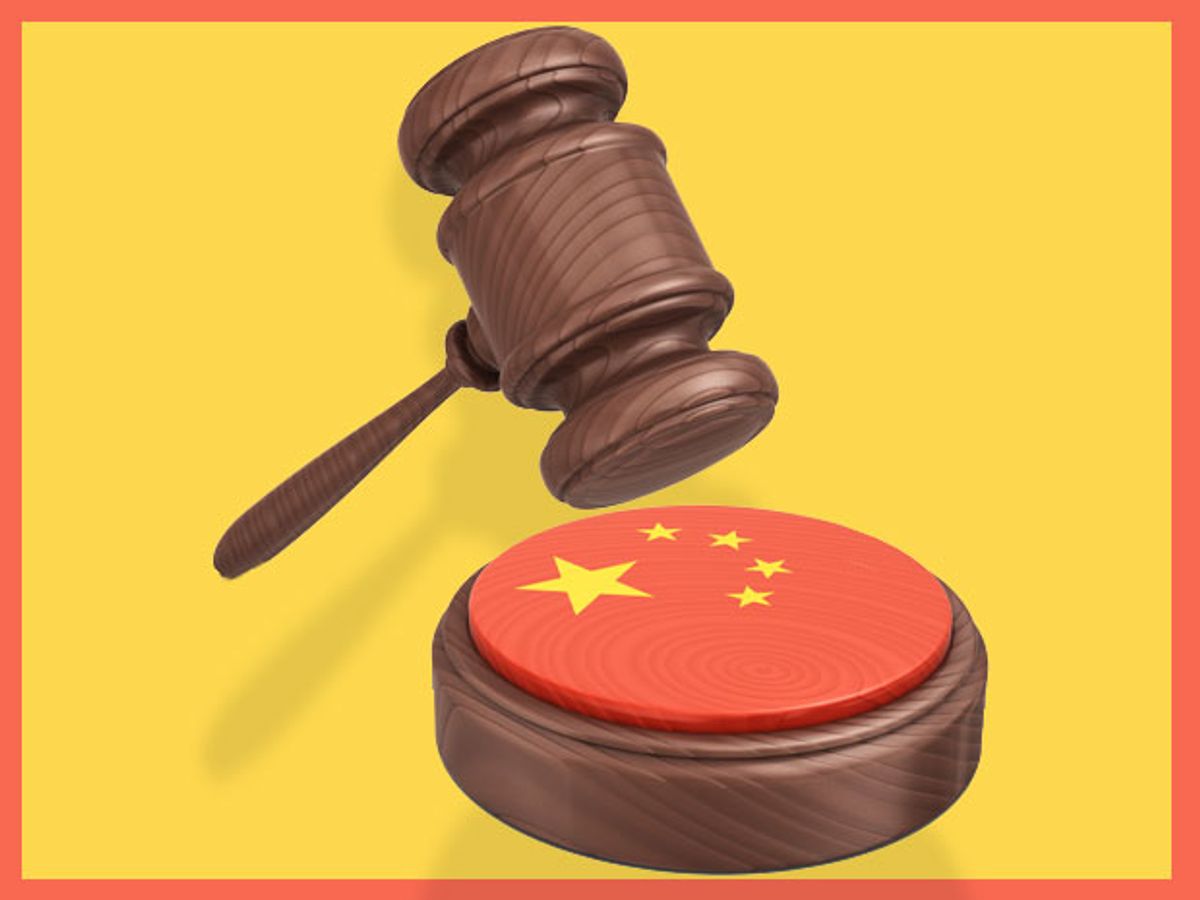Five Chinese military hackers became the first "state actors" ever charged by the U.S. Department of Justice with using "cyber means" to steal U.S. trade secrets. The unprecedented step seems to signal the Obama administration's determination to turn up the pressure on China for what the U.S. sees as rampant Chinese corporate espionage targeting U.S. businesses.
The announcement by the U.S. Department of Justice named five officers of China's People's Liberation Army indicted by a grand jury in the Western District of Pennsylvania on charges of computer hacking, economic espionage and other offenses, according to The Diplomat. U.S. Attorney General Eric Holder made the announcement on Monday while laying out the traditional U.S. stance on distinguishing cyber espionage from cyber attacks aimed at collecting national intelligence. More details were made available in a press release by the U.S. Department of Justice.
"This is a case alleging economic espionage by members of the Chinese military and represents the first ever charges against a state actor for this type of hacking. The range of trade secrets and other sensitive business information stolen in this case is significant and demands an aggressive response. Success in the global market place should be based solely on a company's ability to innovate and compete, not on a sponsor government's ability to spy and steal business secrets. This Administration will not tolerate actions by any nation that seeks to illegally sabotage American companies and undermine the integrity of fair competition in the operation of the free market."
The named victims of the five Chinese military hackers include six U.S. companies and unions: Westinghouse Electric, Alcoa, Allegheny Technologies Incorporated, U.S. Steel, the United Steelworkers Union and SolarWorld. The U.S. commercial interests supposedly harmed in this case include nuclear power and solar power companies, as well as the iron and steel industries.
China's Foreign Ministry reacted by condemning the U.S. indictment. It denied any cybertheft of trade secrets by the Chinese government or military, and described itself as the frequent victim of U.S. cybertheft, wiretapping, and surveillance. It also suspended the activities of the China-U.S. Cyber Working Group—a group set up last year to improve dialogue on cybersecurity issues—as an additional act of protest.
"This U.S. move, which is based on fabricated facts, grossly violates the basic norms governing international relations and jeopardizes China-US cooperation and mutual trust," said Qin Gang, a spokesperson for China's Foreign Ministry, in a press release.
There is little doubt that both the U.S. and Chinese governments regularly attempt to hack one another's government agencies, military networks and companies for "national security" purposes. For instance, U.S. National Security Agency documents leaked by former contractor Edward Snowden show how the NSA allegedly infiltrated the internal networks of Chinese telecom giant Huawei—part of a broader U.S. intelligence effort to find any suspicious links between Huawei and the Chinese military.
But the U.S. government has drawn a strong distinction between hacking in the name of national security and hacking in the name of stealing trade secrets and committing economic espionage. The latter has been a longstanding sore point for many U.S. companies that feel victimized by Chinese hackers, but the fact that the U.S. Department of Justice has laid out charges against specific individuals within the Chinese military suggests it's gathering concrete evidence on such efforts.
Such a U.S. move is more symbolic than anything because China would undoubtedly refuse to extradite the named military hackers for prosecution, according to The Diplomat. It may also do little to improve U.S.-China relations or achieve a cyber detente, given how China could just as easily retaliate by bringing charges against the NSA for its hacking activities.
Jeremy Hsu has been working as a science and technology journalist in New York City since 2008. He has written on subjects as diverse as supercomputing and wearable electronics for IEEE Spectrum. When he’s not trying to wrap his head around the latest quantum computing news for Spectrum, he also contributes to a variety of publications such as Scientific American, Discover, Popular Science, and others. He is a graduate of New York University’s Science, Health & Environmental Reporting Program.


